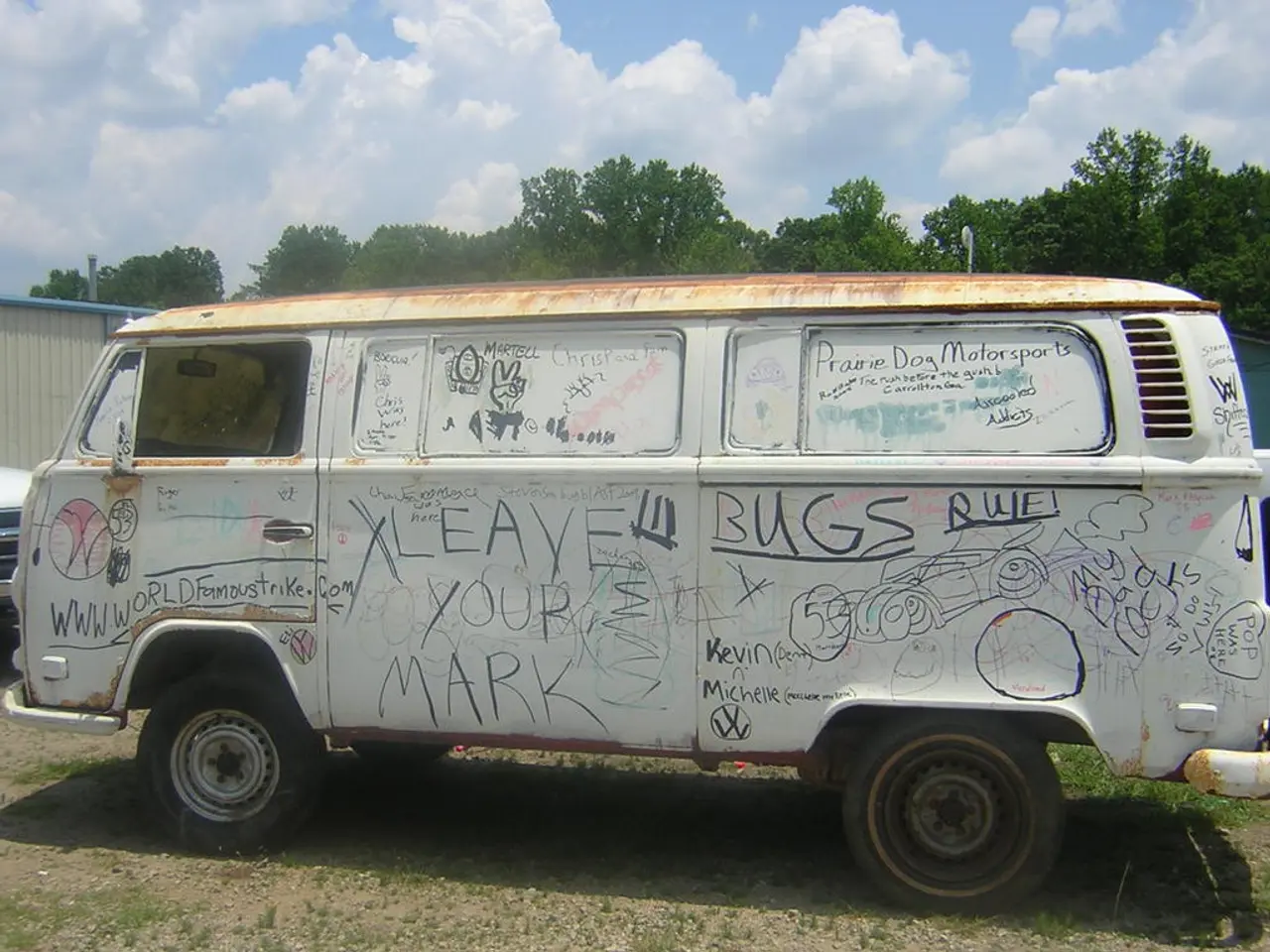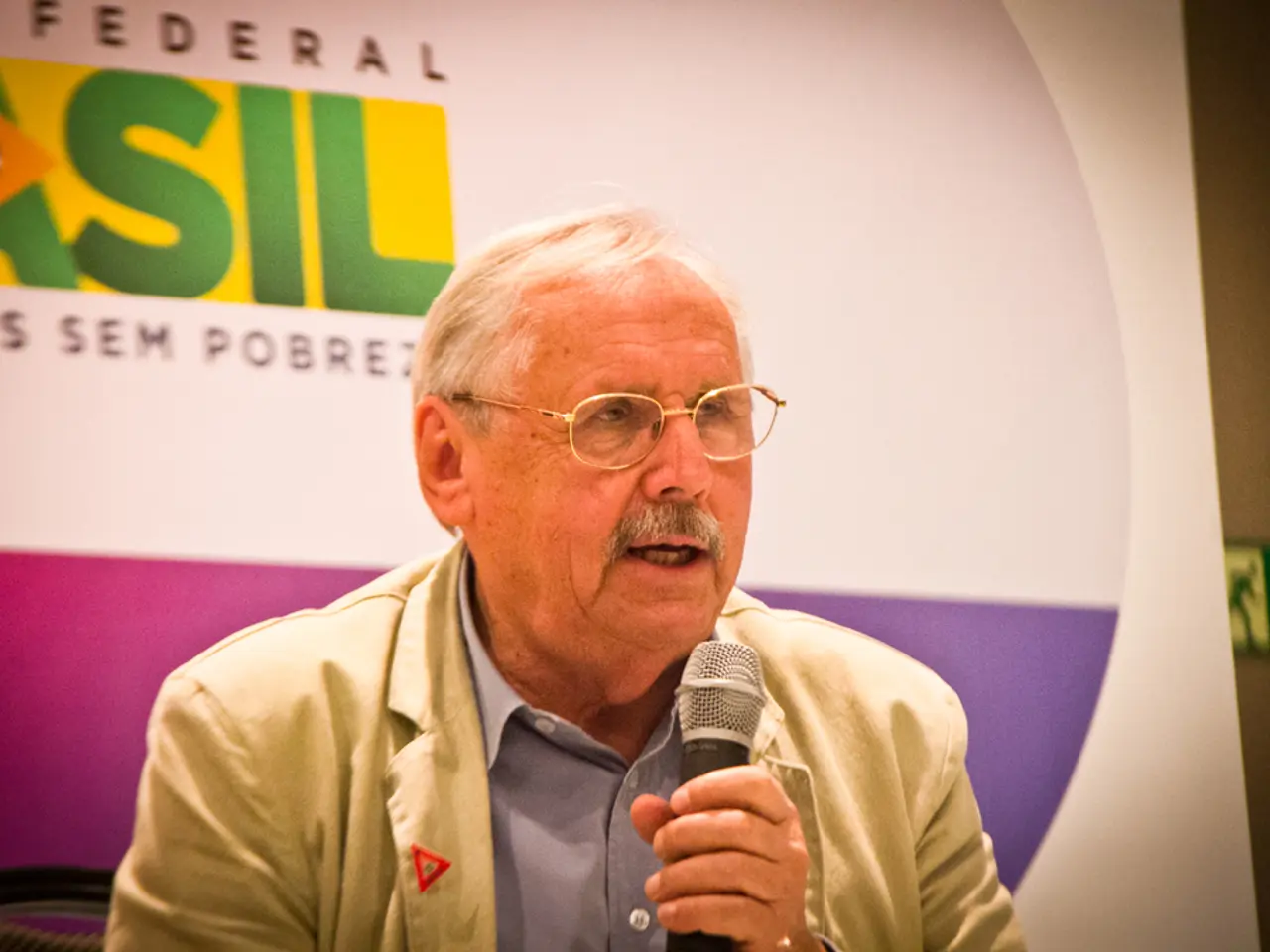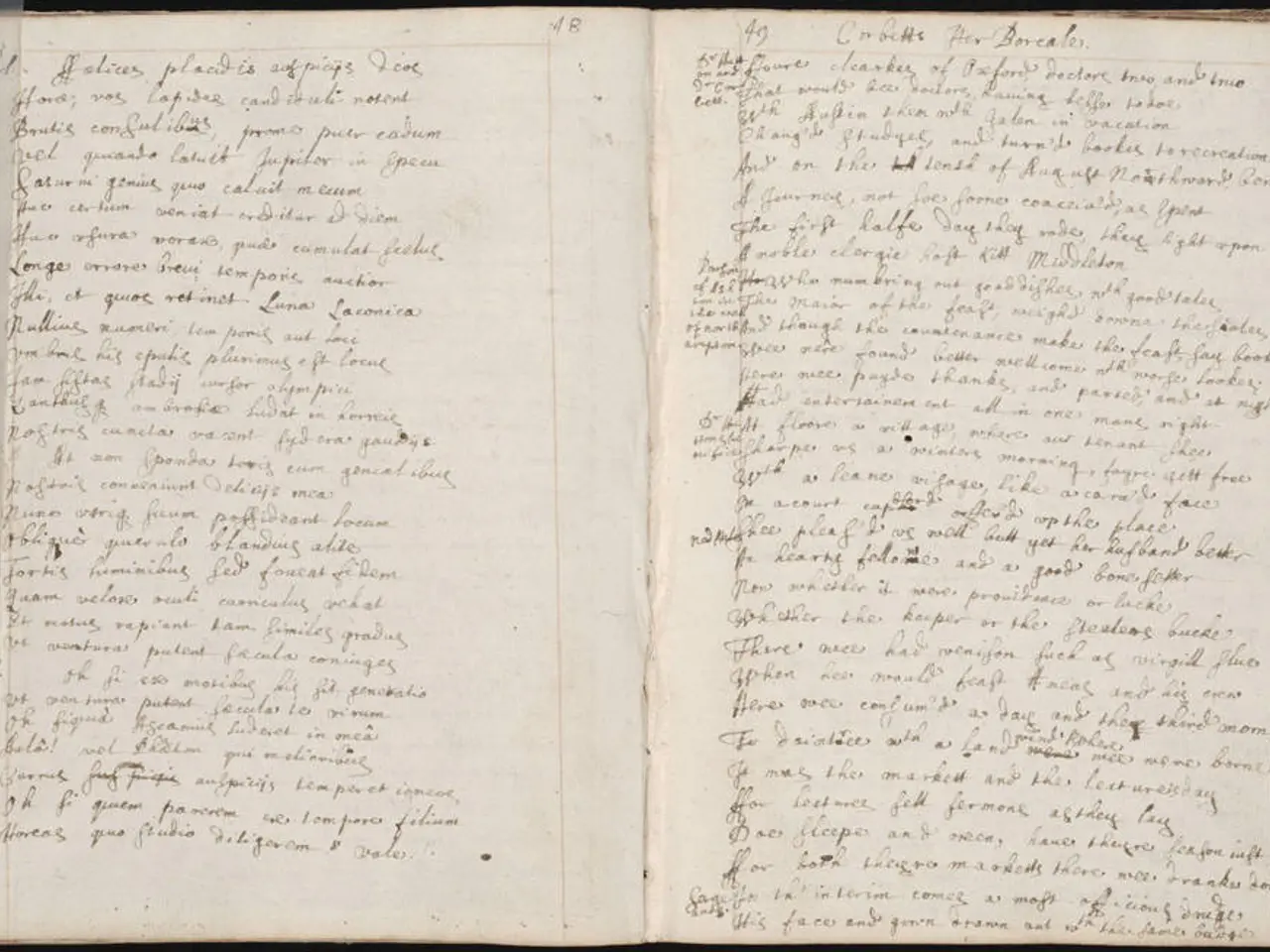Dutch Government Crumbles Over Rejection of Tougher Immigration Policies
The Dutch government is currently operating as a caretaker administration, following the collapse of the coalition in June 2025. The collapse was triggered by the withdrawal of Geert Wilders' Party for Freedom (PVV) from the governing coalition.
The PVV, which secured 37 seats in the Dutch House of Representatives elections held in the fall of 2023, formed a coalition with the parties that came in third, fourth, and fifth place: the right-liberal People's Party for Freedom and Democracy (VVD, 24 seats), the right-centrist "New Social Contract" (NSC, 20 mandates), and the Farmers-Civic Movement (BBB, 7 seats).
However, disagreements over migration policy, a central focus for Wilders, led to the PVV's withdrawal. The coalition's agreement included tightening immigration policy, including deportation of refugees, abolition of permanent asylum permits, and stricter rules for residence permits. Wilders' plan, which includes closing borders to asylum seekers, temporarily halting family reunification, and sending those who seek asylum in the Netherlands back to Syria, was a point of contention.
The plan contradicted the general EU immigration policy, with the Netherlands planning to seek permission from the EC to opt out. However, the refusal of allies to support Wilders' proposals led to the PVV's departure from the House of Representatives, causing the coalition's downfall.
In the wake of the collapse, Dutch Prime Minister Dick Schoof announced the government's resignation. Media reports suggest that Schoof has already tendered his resignation to the king.
The Dutch government is currently seeking new legal tools to combat fake news and disinformation ahead of the October election, aiming to protect electoral integrity and social stability. However, changes will not be ready in time for the vote.
Earlier in July 2025, the Dutch lower house approved controversial bills that tighten asylum rules, including reducing temporary asylum permits and restricting family reunification. These bills, reflecting the coalition's emphasis on stricter migration controls, face potential rejection or revision in the upper house after the summer recess.
Wilders' party currently leads opinion polls by a slim margin, indicating its continued prominence in Dutch politics going into the election. Despite this, the upcoming election is expected to be closely contested, with the outcome likely to shape the future direction of Dutch immigration and asylum policies.
In the meantime, several members of the party, including five ministers and four state secretaries, have announced their decision to leave the government. Although ministers from the coalition parties will continue their work, Deputy Prime Minister Eddie van Hijum has indicated that elections are inevitable.
As the Dutch electorate prepares for the snap election on 29 October 2025, the political landscape is marked by uncertainty and debate, with migration and asylum policies at the forefront of the national conversation.
- The Dutch caretaker administration is grappling with the fallout of Geert Wilders' Party for Freedom's (PVV) withdrawal from the coalition, which was primarily due to disagreements over migration policy.
- The upcoming election on 29 October 2025 promises to be closely contested, with migration and asylum policies expected to remain a central focus in Dutch politics and policy-and-legislation debates.








